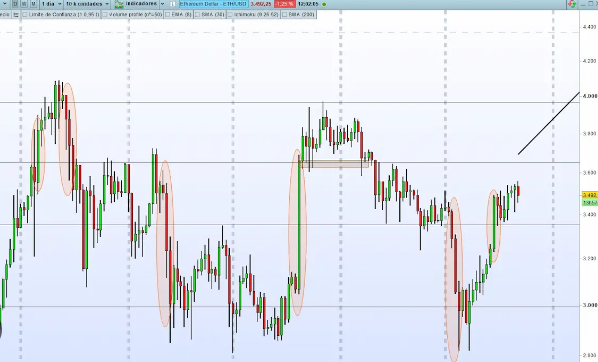Introduction to Forex Trading: A Beginner’s Guide
Forex trading, also known as foreign exchange trading, is the process of buying and selling currencies with the goal of making a profit from the fluctuations in their exchange rates. It is the largest and most liquid financial market globally, with trillions of dollars being traded daily. If you’re a beginner interested in learning about forex trading, here’s a guide to help you get started:
- Understand the Basics: Familiarize yourself with the basic concepts of forex trading, such as currency pairs, exchange rates, and pip movements. Learn how forex markets operate, the factors that influence currency values, and how to read forex charts to analyze price movements.
- Educate Yourself: Invest time in learning about different trading strategies, risk management techniques, and the various tools and indicators used in forex trading. There are numerous educational resources available, including online courses, eBooks, and webinars, that can help you gain a solid understanding of forex trading principles.
- Choose a Reputable Broker: Selecting a reliable forex broker is crucial. Look for brokers that are regulated by reputable financial authorities, have a user-friendly trading platform, and offer competitive spreads and leverage options. Demo accounts offered by brokers can also be helpful in practicing trading strategies without risking real money.
- Start with a Demo Account: Begin your trading journey by practicing on a demo account provided by your broker. A demo account allows you to trade with virtual money and emulate real market conditions. This helps you gain practical experience and test different strategies before venturing into live trading.
- Develop Your Trading Strategy: Define a trading strategy that suits your goals and risk tolerance. Consider factors such as the timeframes you want to trade, your preferred trading style (e.g., scalping or swing trading), and the indicators that align with your strategy. Remember to focus on risk management and set realistic profit targets.
- Monitor Economic Events: Keep track of economic news and events that may impact currency markets. Important announcements, such as interest rate decisions, employment data, and geopolitical developments, can significantly influence currency values. Economic calendars, news websites, and financial news channels are valuable sources for staying informed.
- Practice Risk Management: Risk management is crucial in forex trading. Set a risk level per trade and use set stop-loss orders to limit potential losses. Avoid risking significant portions of your trading capital on a single trade and diversify your positions to minimize overall risk exposure.
- Learn from Experience: Forex trading is an ongoing learning process. Analyze your trades to understand your strengths and weaknesses. Keep a trading journal to record your trades, strategies, and emotions, as this can provide valuable insights for improvement.
Remember, forex trading carries risks, and losses are possible. It is important to approach trading with a disciplined mindset, to be patient, and to continuously educate yourself. With time, practice, and dedication, forex trading can become a rewarding endeavor.














Post Comment